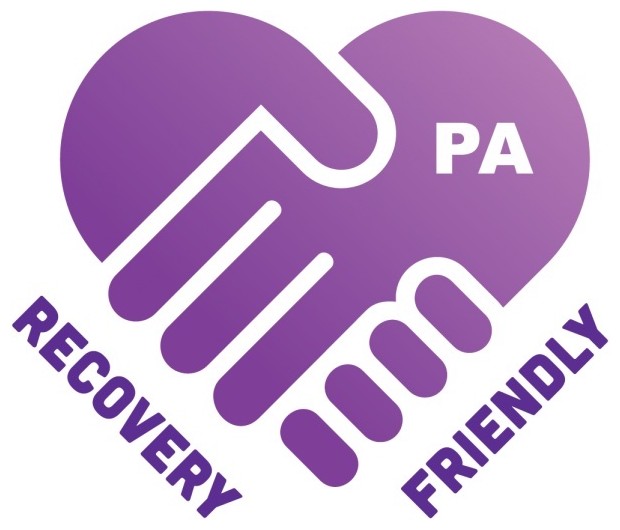What Is Trauma-Informed Care?
The Significance of Trauma-Informed Treatment: Empowering Recovery
In recent discourse, there's been a notable emphasis on trauma-informed treatment, which revolves around acknowledging and respecting the experiences of individuals who have endured significant hardships. But what exactly makes this approach so crucial?
Trauma-informed treatment is essentially about cultivating an environment where individuals feel both physically and emotionally secure as they seek assistance. It's about fostering an atmosphere of trust and understanding, where individuals can feel comfortable sharing their experiences and concerns.
Central to trauma-informed treatment is the concept of safety. By prioritizing safety, practitioners aim to create an environment where individuals feel protected and supported. This facilitates open communication and trust between patients and providers.
Moreover, trauma-informed treatment prioritizes empowering individuals to take an active role in their recovery journey. Rather than adopting a paternalistic approach, it seeks to empower individuals by involving them in decision-making processes and respecting their autonomy.
Collaboration is another cornerstone of trauma-informed treatment. Rather than dictating treatment plans, practitioners work alongside individuals to develop personalized strategies that align with their unique needs and preferences.
Cultural competence is also integral to trauma-informed treatment. Practitioners recognize the importance of respecting individuals' cultural backgrounds and identities, understanding that these factors can significantly influence how trauma is experienced and processed.
Finally, trauma-informed treatment acknowledges the complex and multifaceted nature of trauma's impact on mental, emotional, and physical well-being. By understanding these effects, practitioners can provide more comprehensive and effective care that addresses the underlying causes of distress.
In essence, choosing trauma-informed treatment is about providing individuals with the support and resources they need to navigate their healing journey with dignity and empowerment. It's about fostering a collaborative and respectful environment that honors individuals' experiences and promotes holistic recovery.
Key-Components of Trauma-Informed Care
Here are some key principles and components of trauma-informed care:
- Safety: Trauma-informed care prioritizes physical and emotional safety for individuals who have experienced trauma. This involves creating a physical environment that feels safe and welcoming, as well as ensuring that interactions with staff are respectful, non-judgmental, and supportive.
- Trustworthiness and Transparency: Providers practicing trauma-informed care are open, honest, and transparent in their communication with clients. They strive to build trusting relationships based on mutual respect, collaboration, and honesty. This helps to create an atmosphere where individuals feel comfortable sharing their experiences and seeking support.
- Empowerment and Choice: Trauma-informed care recognizes the importance of empowering individuals to make choices and take control of their own recovery journey. Providers offer options and opportunities for individuals to participate in decisions about their care, treatment, and goals, empowering them to reclaim a sense of agency and control in their lives.
- Collaboration and Partnership: Trauma-informed care involves collaborating with individuals to develop personalized treatment plans that address their unique needs, strengths, and goals. Providers work in partnership with clients, respecting their expertise and perspectives, and incorporating their input into the decision-making process.
- Cultural Humility and Responsiveness: Trauma-informed care is culturally sensitive and responsive to the diverse backgrounds, experiences, and identities of individuals. Providers recognize the impact of culture, ethnicity, race, gender, sexual orientation, and other factors on the experience of trauma and tailor their approach accordingly.
- Understanding of Trauma's Impact: Trauma-informed care acknowledges the pervasive and profound impact of trauma on individuals' lives, including their physical health, mental health, relationships, and overall well-being. Providers seek to understand the ways in which trauma may manifest in behavior, emotions, and coping strategies, and they respond with compassion, empathy, and understanding.
- Resilience and Strengths-Based Approach: Trauma-informed care recognizes the resilience and strengths of individuals who have experienced trauma. Providers focus on building upon clients' existing strengths and resources, helping them to tap into their inner resilience and capacity for healing and growth.
By embracing these principles and components, providers can create a trauma-informed care environment that promotes healing, fosters resilience, and supports individuals on their journey toward recovery and wellness. Trauma-informed care is not a one-size-fits-all approach but rather a framework for promoting safety, empowerment, and healing in all aspects of service delivery.




